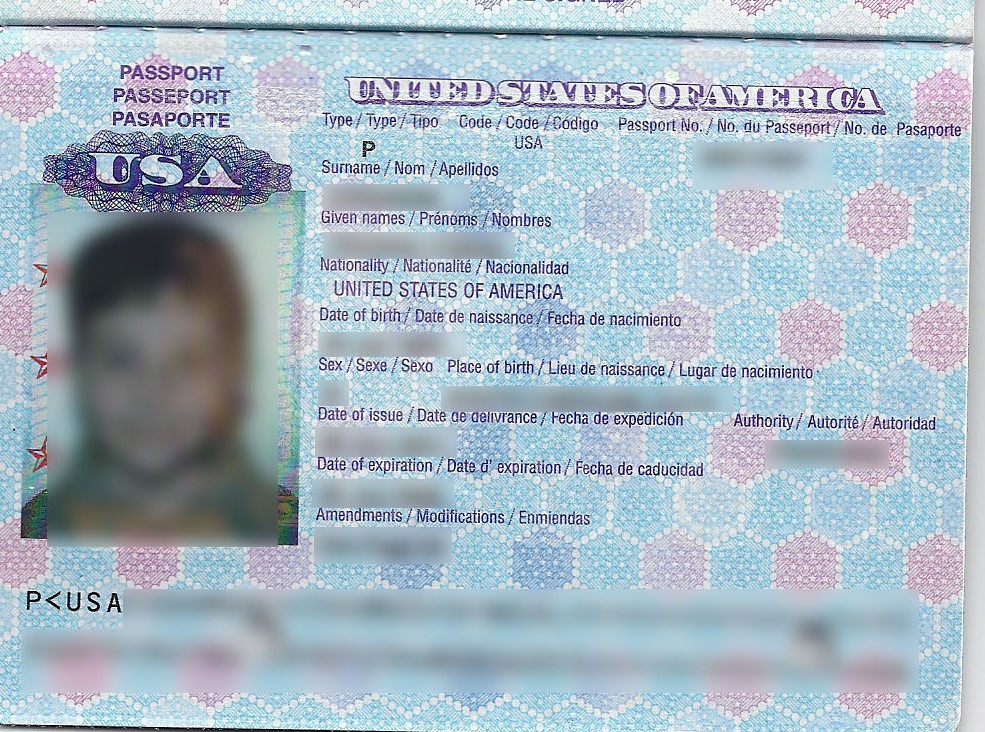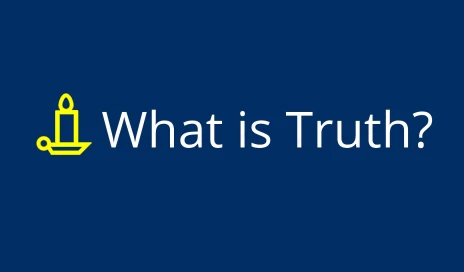…it wasn’t just because it was dangerous
This is a crazy story of illegal missionary border crossings, arrests, document destruction and jailing. This is a story of ethical fading.
It is a common belief that the Church of Jesus Christ of Latter-day Saints pulled its North American missionaries out of the country in 2005 due to the increasing tensions in that country. That may have played a part, but as Dale Bills, the spokesman for the Church pointed out, the Church also had trouble getting or renewing visas for its U.S. missionaries. There is a reason for that.
I showed up to my mission in Venezuela in mid-2001. The immigration official asked how long I would be staying. “Two years!” I blurted proudly. The official scoffed and returned my passport, with a tourist stamp lasting for just a couple months.

Immediately upon arriving to the mission home, I surrendered my passport, and was returned a copy, laminated in plastic. When I asked about the tourist stamp, I was told not to worry about it. If I was asked by the police for my passport to show them this plastic copy. My actual passport was stored in a safe in the mission office (a smart idea, because Venezuela was in fact dangerous).
On the last day of a mission, the passport would be returned, along with a handful of curious stamps from Colombia showing the missionary had dutifully left and returned per Venezuela law. The missionaries had in fact never left Venezuela. But the passports showed that they had.
What REALLY happened with the passports

Every couple months or so, the passports from all four Venezuelan missions would be given to Bishop Pacheco, a dutiful employee of the church, who would take them in a bag and return them a while later with the Colombian stamps. I was told he flew to Colombia to get the stamps from a contact he had there, but there is no reason to believe he could not have forged it in Venezuela.
After the Church got caught doing this, Bishop Pacheco was the target of a lot of the blame (but was never fired). My mission president, President Andrus made it sound like Bishop Pacheco was either incompetent or dishonest and that he himself did not know any better. With several decades of perspective, I find the character assassination of Bishop Pacheco shameful, and regret my part in spreading it. The Mission President was a former two star General in the Air Force. He should have known better.
Venezuelan Immigration Control Finds Out
In early 2002 a group of about a dozen or so missionaries were returning home from their mission. As one of them handed his passport to the immigration agent, they noticed something was strange about the Colombian stamp.
“No it’s all good, see, mine is the same!” blurted another missionary, trying to help. The official saw that the other missionaries stamp was also awry. They looked at all the missionaries and even asked to see the Assistant to the Presidents passports, and all looked wrong. Security was called and the missionaries were rounded up and thrown into jail. They asked to see President Andrus’ passport, but apparently he refused and left somehow (his passport might have actually been correct).
The missionaries, who thought they would be seeing their families again that day, instead had to wait in a Venezuelan jail for several days, and then under house arrest for another month or so.
The Cover-Up
The Venezuelan Government was on to what the Church was doing. They asked to see the passports of EVERY foreign missionary serving in Venezuela. The Church did not turn them over. Instead, they destroyed every single U.S. missionary passport. The hundreds of U.S. missionaries were sent to the U.S. embassy in Caracas, where we were issued new passports. There was a note in the booklet stating that it was a replacement for a mutilated passport.
There was a Dutch missionary who was driven by the one of the Assistants to the President to the border of Colombia, crossing surreptitiously in the city Cucuta. From there he was flown to the Dutch Antilles where he finished the remainder of his mission transferring between the islands of Curacoa, Bonaire and Aruba. I don’t know why his passport was not destroyed. I was told there was no Dutch embassy that could issue passports.
Aftermath
Our passports received tourist visa stamps again, and missionaries were shipped out of Venezuela every couple months or so to renew the visa. I myself went to Trinidad, stayed an hour in the airport, and then was shipped back. Several months later I went to Colombia for a week and received a year long visa.
Getting visas and renewing them became time consuming and expensive for the church. Missionaries were delayed weeks and months from arriving to Venezuela, and flying them in and out at periodic intervals was also a burden. Slowly North American missionaries began to be sent to Venezuela in fewer and fewer numbers until 2005 when the Church finally pulled the plug on North American missionaries in Venezuela.
Why I am Posting This
This sad story is a classic example of ethical fading. Missionary work became so important that the underlying values the Church espouses became swallowed up and ignored. Individuals self-deceived, justifying their actions.
Too many members justify unethical choices as OK if it “furthers the work of the Lord”. This is complete hypocrisy, and does anything but further the work of the Lord. I hope the Church will root out this strain of ethical fading thinking, and be better. I hope they will follow the example of early BYU president Karl Maeser, who once he gave his word, would never break it no matter what.
We go in the front door, we go in legally, we go in with the public officials knowing what we are doing. We don’t try any subterfuge.
President Gordon B. Hinckley on Larry King Live September 8, 1998
What President Hinckley said and what the Church did was different. The Church did commit passport fraud. They did it without public officials knowing.
“Do what is right, let the consequence follow” are words to live by. I don’t expect the Church to be perfect. It will make mistakes and this was one of them. The Church sinned and needs to repent. I used to think this story was a unique one off, but the older I get, the more I have seen a cancer within the church that needs to be forcibly removed. My story is not unique, and similar stories exist in many countries in many parts of the world.
The Church has core principles and must stick to those, no matter what.

I was also in Venezuela during this time (‘00-‘02) and was told the same reasons. I also went to Trinidad once. Perhaps we were in the same group. I’m facing a similar faith crisis as you.
LikeLike